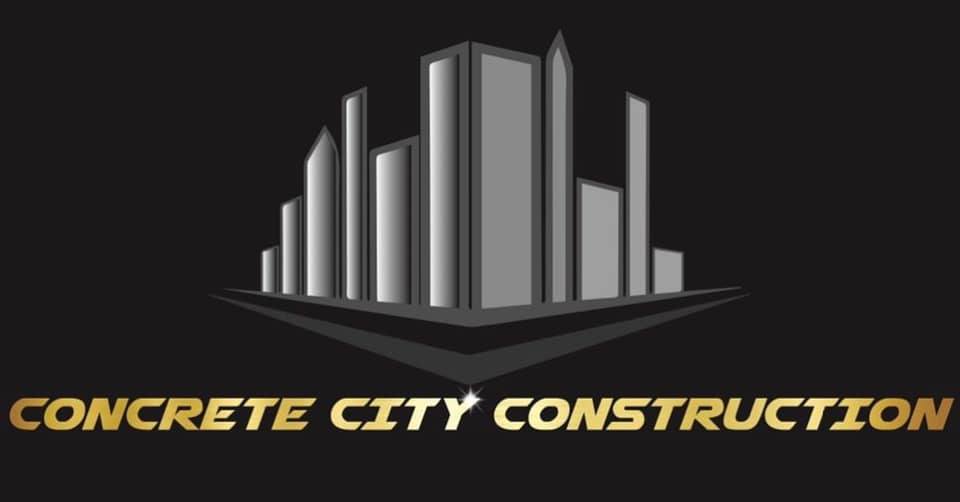Concrete is used in most construction because it’s versatile and ideal for any project. There are some key distinctions between the residential concrete floor and commercial concrete floor.
The difference is based on the type and purpose of each space. Below are some of the key differences discussed.
- Concrete Comes in Varieties
There are different types of concrete in the industry to choose from. This will depend on the function of the concrete floor and the appearance of the finished concrete floor.
The practical purpose of the concrete is also an important factor in both residential and commercial concrete floors. You will be able to know the stability you expect for the structure.
- The durability of The Concrete Floor
For commercial concrete, you will need to work with a strong material that will be durable. If the weight load is going to be heavy then the concrete has to withstand it.
This means you will want to use custom commercial concrete with less moisture to endure that weight.
With residential concrete surfaces, the weight is minimal as it only has to house a few furniture and household items.
- Smooth Finish for Commercial Concrete
Large space for commercial use needs to be smooth and free from any barriers to prevent any foot or vehicle movement.
You can have the concrete floor have an epoxy or polished concrete floor finish. A high-quality commercial concrete will be able to withstand any flooding conditions.
The presence of heavy traffic will not lead to cracking and chipping of the concrete floor, unlike the less expensive residential concrete floor.
Treat your commercial concrete floor with high and quality coatings. This protects the surface and makes it durable with little maintainable cost.
- When to use Residential Concrete Instead of Commercial Concrete
The residential concrete floor construction can endure heavy weight loads. It can withstand weight but not as much weight as the one experienced by the commercial concrete floor.
The demands for commercial concrete are very minimal which makes it not expensive.
Residential concrete floor finish is simple and elegant, you can choose from vinyl, hardwood or carpeting to cover the floor.
You can also make it a simpler overlay and polish or simple stain to bring out that crisp appearance.
- Use the Correct Type of Concrete
Use the correct concrete for the job at hand. This means you have to be precise when it comes to concrete. Take time to do research and if you need help you can consult qualified concrete experts.
You can only have a good project when you work with the right material and with a skilled crew.
- Concrete for Commercial Projects
Commercial concrete floor projects will have different demands as compared to residential concrete projects.
Concrete for commercial flooring will need to be of higher strength and with reinforcements before placing the concrete.
Reinforcement can be fibre or steel grid to provide extra strength and durability. This means it should be able to overcome spills, abrasion and consistent foot and vehicle traffic.
- Cost Difference
Residential construction mostly uses regular concrete. This means the cost is cheap as compared to its counterpart.
Its reinforcement is based on chemical additives to increase its high performance.
For commercial construction projects, the cost is high. This is due to the ingredients used, the mixing technique and the special additive ingredients that depend on the concrete type.
Up to You
Residential concrete floors cover all construction projects from house enhancement, condominiums and apartments.
The commercial concrete floor on the other hand covers construction and improving facilities like warehouses, retail stores, restaurants, industrial buildings and commercial centres.
